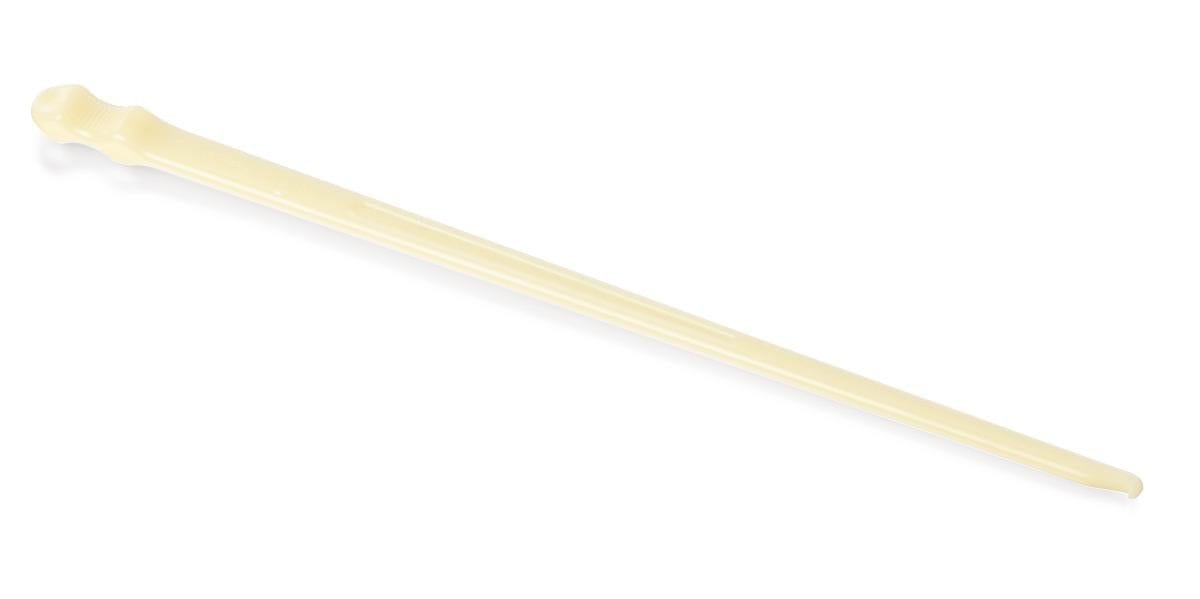Does it hurt when my water breaks? And other questions answered.
OCTOBER 11, 2021 BY JULIANA PARKER, RNC-OB, C-EFM, CLE
Do not consider the opinions expressed here as medical advice (click to read more)
All of the content provided on the website are for informational purposes only and DO NOT CONSTITUTE THE PROVIDING OF MEDICAL ADVICE and are not intended to be a substitute for independent professional medical judgment, advice, diagnosis, or treatment. IF YOU HAVE A MEDICAL EMERGENCY, CALL YOUR DOCTOR OR 911 IMMEDIATELY. To read the entire disclaimer, click here.
If the thought of a bag of water “breaking” inside of you sounds a bit scary, you are not alone. Does it hurt? What does it feel like? How will I know it happened? What should I expect? Here are some answers to some very common questions received by expectant parents like yourself.

HOW OFTEN DOES WATER BREAK ON ITS OWN?
Hollywood likes to make pregnancy scenes very dramatic, but almost every movie I have seen couldn’t be further from the actual experience. In real life, expectant mother’s water will break only about 12% of the time. Most of the time, the physicians are breaking it for you in the hospital.
If your water were to break on its own, it may happen in one of these 3 ways. For some, contractions will begin, and during a contraction your water will break. For others, the water breaking is the first step, and then contractions immediately begin after. At times those contractions are mild and at times those contractions can be stronger.
But there is another group of people where their water breaks, and contractions do not start immediately. In fact, sometimes, they require medication to help their contractions begin.

WILL IT HURT WHEN MY WATER BREAKS?
Many expectant mothers are fearful of the pain that may be associated with their water breaking. But the amniotic sac does not have any nerve endings on it. So, the actual tearing of the sac is completely painless. But, be warned that after your water breaks, your baby’s head will apply directly to the cervix, instead of the fluid filled sac. Therefore, you may possibly experience more discomfort with contractions that occur after your water is broken.
If your water has to be broken for you, also known as, artificial rupture of membranes, discomfort may occur during the vaginal exam that is required to break your water. They will use what is called an amniohook to break your water. The hook will need to fit through your cervix. Therefore, the more dilated you are, the less discomfort this will cause. The less dilated you are, the more difficult it will be to get the hook through the cervix and the more painful this may be.
Some people opt for an epidural prior to allowing their providers to break their water. This is an option you can discuss with your doctor.

WHAT SHOULD I DO IF MY WATER BREAKS? REMEMBER THE ACRONYM T-A-C-O
Again, unlike the movie portrays, you typically don’t have to RUSH to the hospital. If your water breaks, you should immediately call your provider to report the rupture and follow their guidance. There are four things your provider will ask you about regarding your water breaking:
TIME – look at the clock and note the time. This is important to report to your doctor.
AMOUNT – the doctor will ask you about your “story”. What happened that made you think your water break. Did you get a big gush or a leak of fluid? Is it still leaking?
COLOR –your doctor will also ask you what color the fluid was. Was it clear, like water, pink, yellow or green?
ODOR – finally, your doctor will ask you if there is any strong, pungent odor to the fluid.
Let’s explore these a bit further.
Time
Once your water breaks, the protective layer that is protecting your baby is now open. This means that bacteria that is inside of your body can potentially reach your baby. Infections are not instant, similar to a cut, infections may occur over time. Once your water breaks, your baby, with time, may also become susceptible to infection. Therefore, your doctor will want to keep track of how long you have been ruptured to ensure they are taking steps to help you deliver if your contractions do not begin on their own.
Amount
The most known about way for your water to break is how it is portrayed on TV, a large gush of fluid. This way is pretty unmistakable as your clothing will be soaking wet. But there is another less spoken about way that your water can break, and this is a leak of fluid. Many people are unaware of this and do not report this particular way to their doctors believing it is simply discharge. With this break in the sac, there is a small leak, and your water will slowly trickle out. Most expectant moms confuse this with leaking urine, but if you are getting wet spots in your underwear, you will want to notify your doctor that you may be leaking amniotic fluid.
Color
Amniotic fluid is typically clear or clear with a pink tinge. But occasionally there is a yellow or green hue to the fluid. This color change occurs when your baby has had their first bowel movement, called meconium, before they deliver. Babies do this for two reasons. Either they really had to go, or it could be a sign of stress. In most cases your baby is fine, but because we know this can be a sign of stress, you will be directed to the hospital immediately for evaluation.
Alternatively, if your fluid is clear, and your baby is active, you may ask your provider if it is safe for you to stay home for a few hours before going to the hospital. Most providers will give you between 6-12 hours at home. If your labor has not started within that time frame, they will want you to come in and assist the progress of your labor.
Odor
Odor is a very rare occurrence but could be a sign of some type of infection. Amniotic fluid does not usually have a strong odor. In fact, for many, you would have to place your nose very close to the pad you are wearing to even notice the scent. So, if you notice a very pungent odor to the fluid, you should notify your doctor as this could be a sign of infection.

WHAT HAPPENS AFTER MY WATER BREAKS?
For most people, if you were not already contracting, contractions will begin shortly after your water breaks. Sometimes, immediately after. With your providers permission, you may rest at home for a bit. You should not bathe once your water is broken, but showering is okay. Ask your provider if it is okay for you to eat and drink prior to arriving at the hospital. When your water is broken, once you arrive at the hospital, you are automatically admitted and only clear liquids will be allowed, so if you can, grab a snack prior to arrival (again as long as your provider says this is okay).
HOW DO I PREPARE FOR IF MY WATER BREAKS?
Keeping in mind that there is a small chance your water will actually break at home, you still will want to be prepared, because if it does, it can cause quite a “splash”. In addition, once your water breaks, it continues to leak out, possibly gush once or twice more, before you have your baby. So having Depends or pads available, and maybe even a towel or two is recommended. This may save your vehicle or furniture.
Investing in a waterproof mattress cover is also a smart idea, just in case your water breaks in bed. If you want to be extra cautious, picking up a pack of puppy training pads can be useful to sit on around your house, these may be less expensive option over Depends.
POSSIBLE COMPLICATIONS
As with everything, there are always possible complications when your water break. Although very rare, the baby’s umbilical cord could possibly prolapse into the vagina. This means that the baby’s umbilical cord could fall through the tear in the sac, through the cervix and into the birth canal (your vagina). As the fluid releases, the baby’s weight may compress the cord depriving the baby of oxygen. This can be a life-threatening emergency, but please remember this is a rare occurrence.
If you were to notice your baby’s umbilical cord coming out of your vaginal area, then you would want to get on your hands and knees and then gently lower your chest to the ground while remaining on your knees. This position moves your baby out of the pelvis and helps release the pressure off of the umbilical cord. Call 9-1-1, this is an emergency.

CONCLUSION
Just a fun fact, without any real statistics, as a labor and delivery nurse, we do notice that people tend to break their water when it is storming outside and when there are full moons. The combination of a stormy full-moon night can result in a very busy unit! Learn more about labor and delivery through one of my live online prenatal courses. I have 17-years of experience to share with you and can’t wait to see you in one of my classes!
Featured Courses

The Childbirth Master Class
If you are pregnant and want a vaginal birth, with or without medication, then start here. Learn about the entire birthing process including all interventions and ways to increase your chance of success!

Elementary Newborn Care
If you have little or no experience with babies, then you won’t want to miss this program. We will cover everything you need to know about your newborn from simply holding to changing diapers!

Childproofing and CPR
Learn to set up a safe environment, avoid unintentional accidents and manage emergencies. You’ll learn how to save a life in less time than it takes to watch a great movie!

